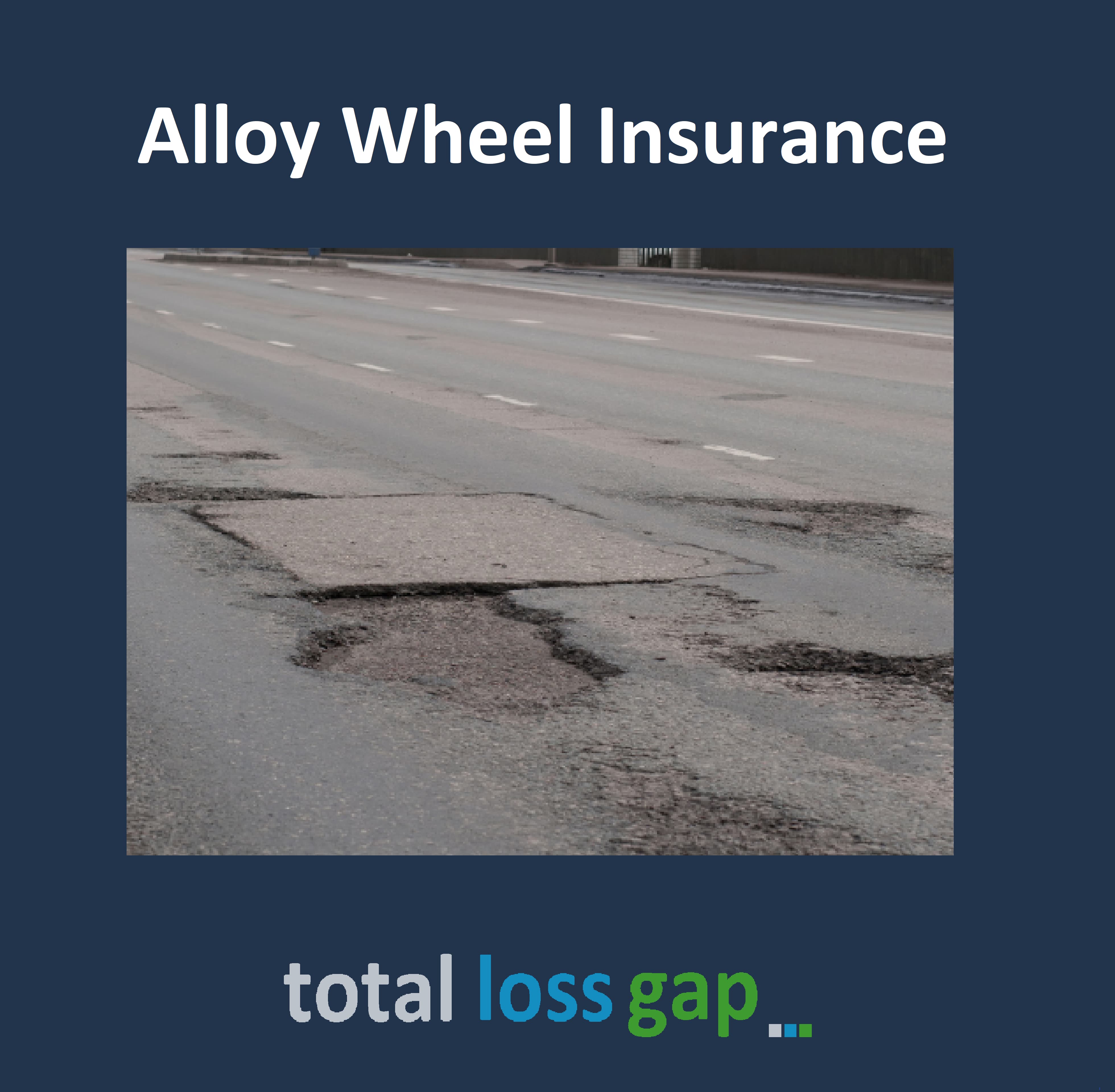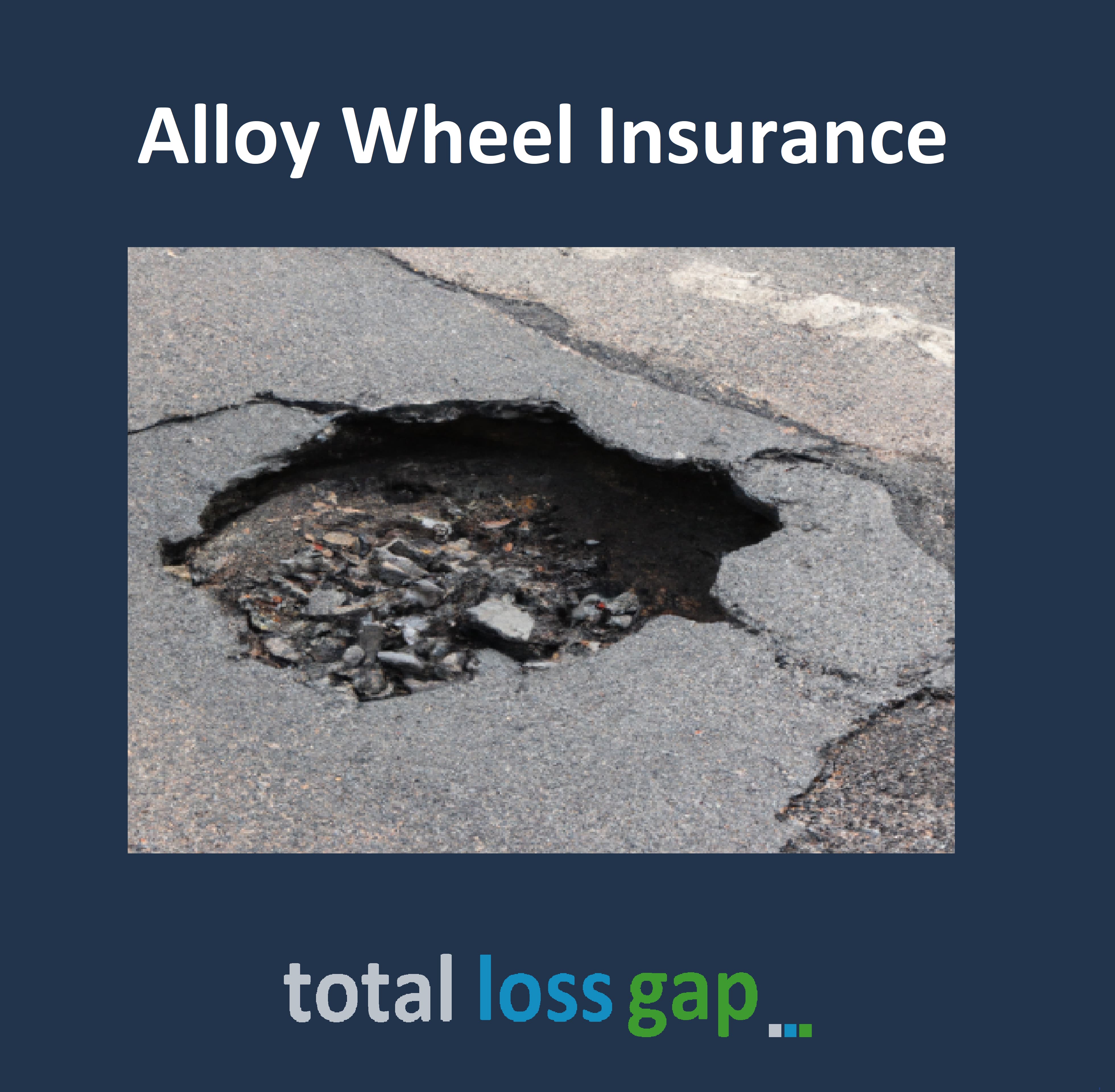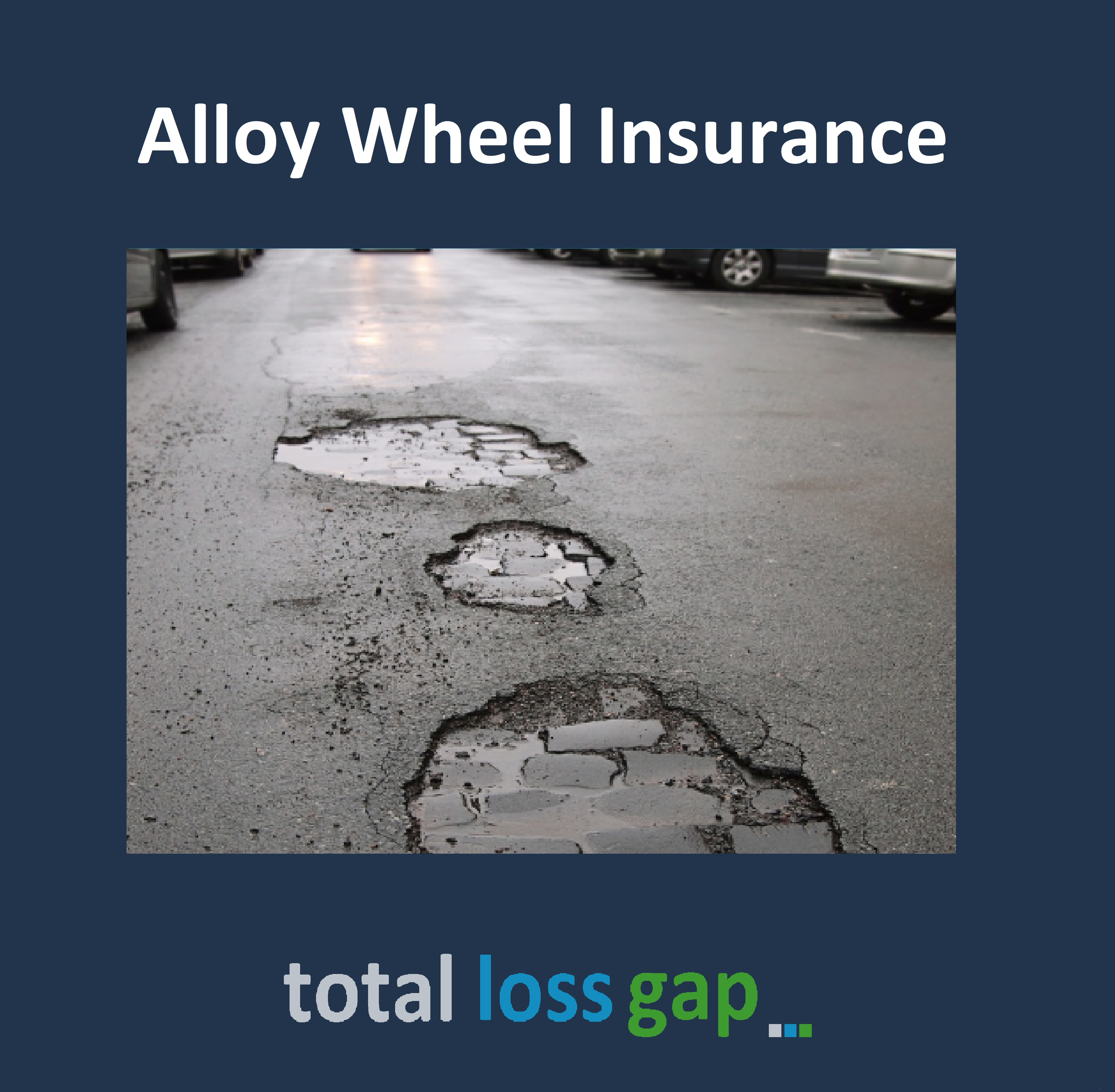Call Monday-Friday 9am - 6pm Closed Saturday & Sunday



[ Contact Us ]
Need Help? Calling from a mobile please call 0151 647 7556
0800 195 4926Do you have a question? or need help?
Call Monday-Friday 9am - 6pm Closed Saturday & Sunday,
Scuffed an alloy on a kerb? Hit a pothole you couldn’t avoid? Alloy wheel repairs can be expensive, especially on diamond-cut finishes. Our Alloy Wheel Insurance helps protect your original factory-fitted alloys against Accidental or Malicious Damage without affecting your motor insurance.
Unlike some alloy wheel insurance products that must be purchased within a short window after buying a vehicle, this cover can be purchased at any point during ownership, including if you bought your vehicle privately or at auction, provided your vehicle meets the eligibility criteria and there is no unrepaired pre-existing damage (confirmed via the pre-cover photo assessment).
Malicious damage: You must report this to the police within 24 hours of becoming aware of it and obtain a crime reference number.
This policy is underwritten by Helvetia Global Solutions Ltd, UK Branch (UK Establishment No: BR024650), 6 Bevis Marks, London, EC3A 7BA. The insurer is on the Financial Services Register under firm reference number 454140.
Total Loss Gap is a trading style of Aequitas Automotive Ltd, authorised and regulated by the Financial Conduct Authority (FCA FRN 821163).
To activate cover, you must submit pre-cover condition assessment photos of your alloy wheels within 14 days of purchasing the policy. This confirms wheel condition and ensures there is no unrepaired pre-existing damage.
How to submit: Email one message with all images to [email protected] and include your Full Name, Policy Number, and Vehicle Registration. You will receive an acknowledgement and we aim to confirm the outcome within 1 working day (busy periods may take longer).
Note: If photos are not supplied within 14 days, the policy may be cancelled in line with the terms and conditions.
Significant exclusions (examples, not exhaustive — please see the policy terms links at the bottom of the page):
An approved repairer may visit your home or place of work (where safe). If a suitable repairer cannot be located, the administrator will agree a suitable alternative with you.
Diamond-cut alloys require specialist machining equipment. Repairs may take longer than standard mobile repairs and can take up to 10 working days where specialist repair is required.
Typical steps include:
Can I buy this policy at any point during ownership?
Yes. You can buy this cover at any point during ownership (including if you bought privately or at auction), provided your vehicle meets the eligibility criteria (less than 10 years old and under 100,000 miles at policy start) and your pre-cover photos confirm there is no unrepaired pre-existing damage.
If my alloy wheel is cracked, can you buy me another?
This policy is designed for cosmetic damage. If a wheel is not repairable, we will contribute up to £150 per alloy wheel towards replacement (each such contribution counts as two claims).
How many claims would this be if I claim for two alloy wheels simultaneously?
Each repair counts as a separate claim. If two different wheels are damaged in the same incident and both require repair, that will count as two claims. An excess will be payable for each claim.
Can I save up all my claims until the end of my policy and claim all at once?
No. You must report damage within 30 days of the incident.
Do claims carry over if I do not make 5 in a year?
No. Unused claims do not carry over into the next policy year.
I have ordered an upgrade on the standard alloys. Will these be covered?
If they are original manufacturer factory-fitted alloys (including factory upgrades), they may be eligible, subject to the policy terms and the pre-cover condition assessment.
I am considering buying 'aftermarket' alloys. Can these be covered?
No. This policy covers original factory-fitted alloy wheels only.
I live on the main road. Will the mobile technician be able to complete a repair?
Repairs must be carried out safely. A driveway or suitable workplace car park is usually required.
What happens if an approved repairer can't repair the wheel?
Where appropriate, the administrator will agree an alternative solution with you (including specialist repair or cash settlement where permitted by the policy).
How much does it cost to repair an alloy wheel?
Costs vary by wheel type and size. Typical standard repairs may start around £110 + VAT and can exceed £200 + VAT depending on the wheel finish and repair method.
Are all alloy wheel sizes covered?
Eligible factory-fitted alloys up to and including 21 inches in diameter are covered, subject to policy terms.
How do I make a claim and where do I send claim photos?
Report your claim within 30 days of the incident. You may be asked to email photos of the damage to [email protected] to help assess the claim. Malicious damage must be reported to the police within 24 hours and supported with a crime reference number.
For policies purchased before January 2026, please see the supplied documents for full terms, conditions and claims information.
Alloy wheel damage is commonly caused by everyday driving: kerbing, potholes, and road debris. Even minor damage can expose bare metal, which may allow moisture ingress and lead to corrosion over time.



Repair costs vary based on wheel finish, size, and whether the repair can be completed on-site. Typical standard repairs start at around £100 and can exceed £150, depending on the wheel finish and repair method.
This is precisely where an alloy wheel insurance policy can help protect you from unexpected cosmetic repair bills.
At Total Loss Gap we offer cover for a variety of products. If you are also considering tyre cover, a combined policy may be more cost-effective.
Instead of buying Tyre Insurance and Alloy Wheel Insurance separately, a Combined policy may be more cost-effective. A Tyre and alloy wheel insurance policy combines the benefits of the two separate policies, providing you with peace of mind at a reduced price.